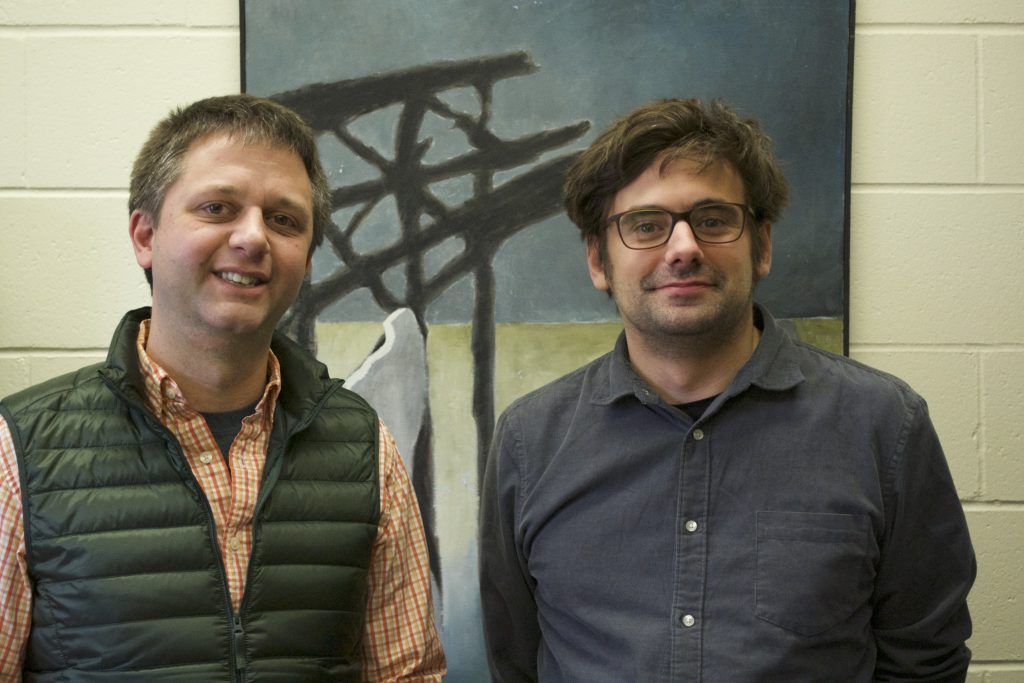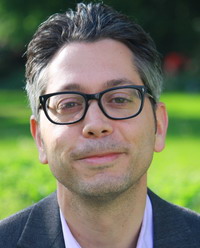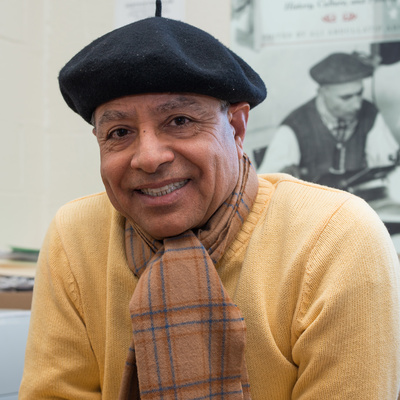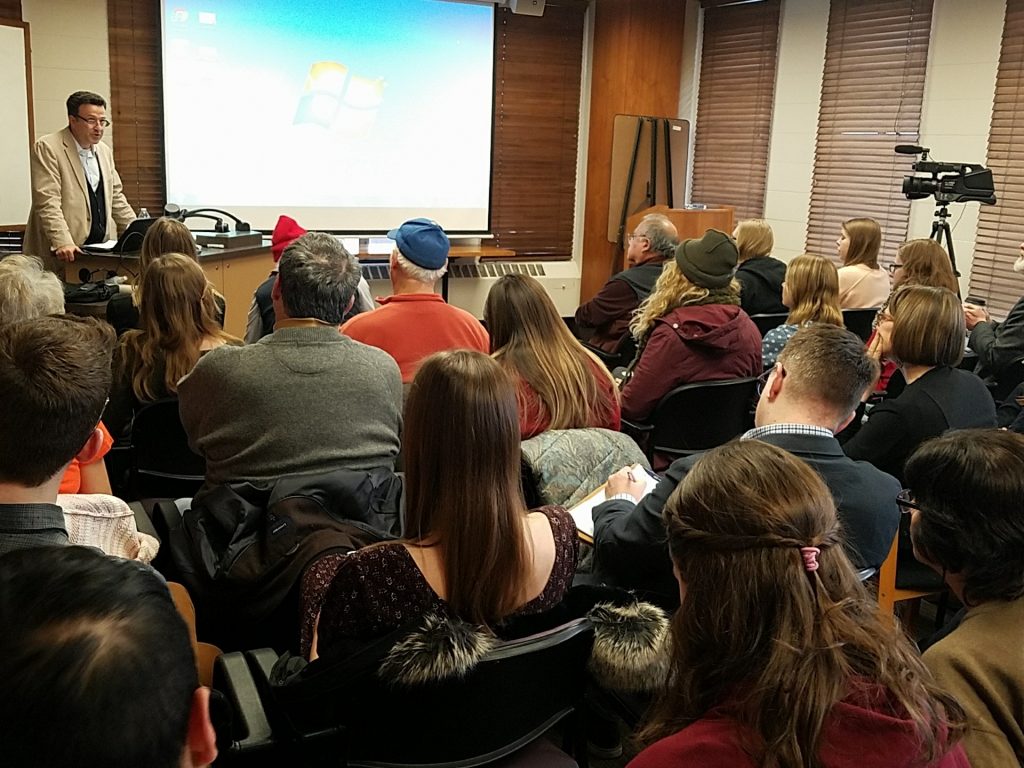Max Breger, a doctoral candidate and visiting scholar from the University of Siegen, Germany, was recently hosted by the Center for Holocaust and Genocide Studies. Breger has been in the United States for the past roughly two months, conducting research on torture committed by U.S. agencies, especially in connection with the larger so-called “War on Terror.” His work is part of a larger comparative research project led by Professor Dr. Katharina Inhetveen. Breger presented on the project and shared initial findings from his work with members of the Holocaust, Genocide, and Mass Violence Studies (HGMV) Interdisciplinary Graduate Group in a talk entitled: “Violent Interrogation, Psychology, and Body Knowledge: Torture in the ‘War on Terror.'” I sat down with Breger for an interview to learn more about the project.*






